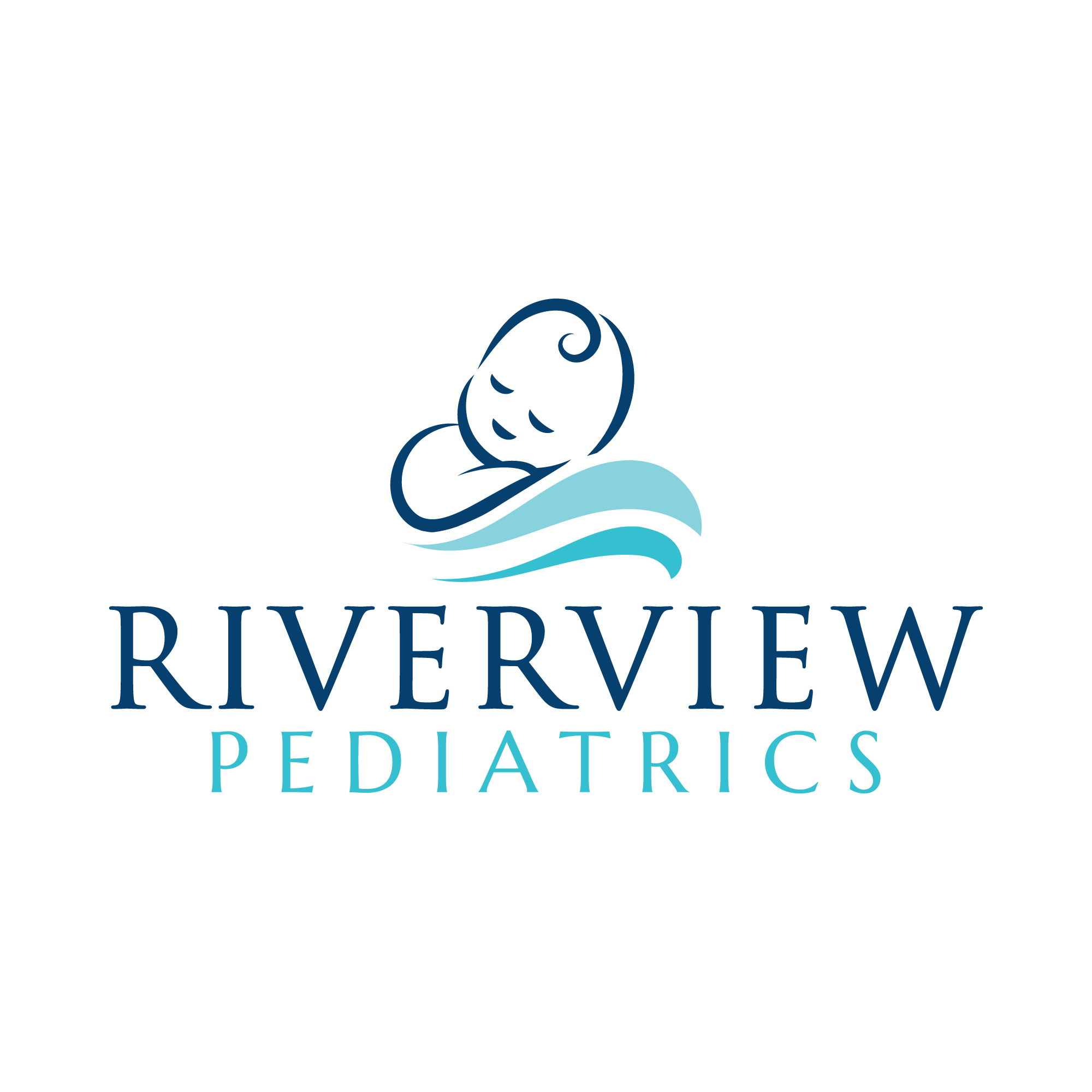Newborn Instructions
Infant Car Safety
The rules around car seats vary from state to state and change constantly. Please ask your doctor about the car seat rules that apply to your infant and child. Here is a link to everything you need to know about car seats and the laws of Maine - click here.
Sleep Safety
Babies should start off in a bassinet and be in the parents’ room until old enough to be in a crib. If possible, back to sleep is the rule you should follow. When the baby is in a crib, there should be nothing else in the crib with the baby. Babies should never sleep in the parents’ bed.
Body Temperature
Babies should be kept warm as they do not have a lot of body fat for insulation. A soft knit hat, mitts, and socks help them keep warm. Swaddling provides pressure and comfort to your newborn and prevents them from scratching themselves.
Feeding
Breastfed babies should eat 2 to 3 ounces approximately every 2-3 hours. Formula fed babies should eat 1 to 2 ounces every 2 to 3 hours. Every baby is different. These guidelines are simply guidelines.
Reflux Precautions
Your baby may develop reflux also known as spitting up. While this is normal, it can sometimes be caused by overfeeding your body. Breastfed babies should not require more than 20 minutes on the breast once mom’s milk has come in.
Hydration
Newborns do not require water to stay hydrated even when it is hot out. Formula and breast milk is all they require.
Nutrition
No honey, corn syrup, cow’s milk until one year of age. Avoid fruit juices and other high sugar drinks. Avoid processed, packaged and fast foods if possible.
Vitamin D
Breastfed babies require Vitamin D supplements as breastmilk does not contain enough Vitamin. Babies require 400 international units per day of Vitamin D. Make sure you give your baby the amount equal to 400 IU.
Bathing
Gentle sponge baths every few days until the umbilical cord separates (do not submerge), check water temperature, never leave an infant near water without supervision.
Care of Umbilical Cord
Keep cord dry and clean until it separates during the first 1-2 weeks of life. Use a damp Q-tip, cotton ball, or clean cloth to gently wipe it then air dry. Alcohol swabs can be used once daily to prevent infection. Avoid tight clothing on the cord.
Avoid Second-Hand Smoke Exposure
Household members and family should quit smoking. If smokers are near the baby, they should smoke outside in different clothing than when interacting with baby (smoke is absorbed into clothing). Wash hands and brush teeth before holding baby.
Safety Around Pets
Babies should never be left alone with a pet. Always monitor interactions and avoid pets near the baby's face.
Immunizations
It is recommended that all babies be vaccinated on the schedule devised by the American Academy of Pediatrics, but we work with parents who wish not to vaccinate their children.
Rashes
Newborn rashes, like most rashes, are usually normal. Your doctor will discuss these with you at your well child visits.
Wet and Dirty Diapers
On average, babies should have 6-8 wet diapers per day. Most babies have up to 4 stools per day, but breastfed babies may have 1 per day for the first few days. Babies may need to push hard to poop. First stool is black and sticky but will transition to green and "seedy." Female genitalia should be wiped from front to back.
Periodic Breathing
Babies will have pauses when they breathe of up to ten seconds. This is followed by more rapid breaths. This pattern is normal.
Nose
Babies breathe through their nose and when they are congested, the noise may sound as though it is coming from the lungs. It rarely comes from the lungs. It is not necessary to suction a baby’s nose as it is perfectly capable of breathing through congested nasal passages.
Screen Time
Newborns should not be exposed to screens. The brightness of the screen can be harsh for their developing eyes. Ideally no screen time in the first year of life. Prolonged screen time in infants can delay their emotional development. Encourage the use of hands-on toys/puzzles rather than touch screens to better promote finger dexterity, problem solving, and motor/strength development. Avoid cell phone use near your baby's head. Keep newborn monitors at least 3 feet away from their crib.
Follow-up
Your baby should be seen within five days of birth. After this, the baby can be seen at one month of life if healthy.
Call your doctor and/or return to the hospital for the following concerns:
Increased sleepiness with difficulty waking up.
Inconsolable crying (constant crying despite attempting feeds I holding I rocking).
Decreased wet diapers.
Fever greater than 100.4 F. Babies typically do not have fevers in the first 3 months of life, especially in the first month. Axillary (armpit) temperatures are appropriate to check in a newborn with suspected fever. Avoid measuring baby's temperature unless you are suspecting a fever.
Redness surrounding the umbilical cord or developing warmth, drainage, wounds.
